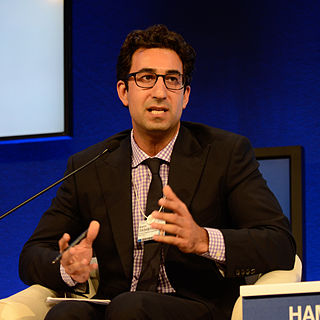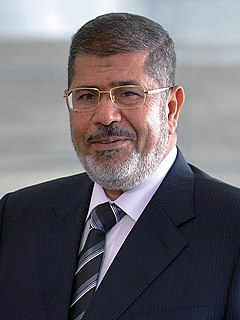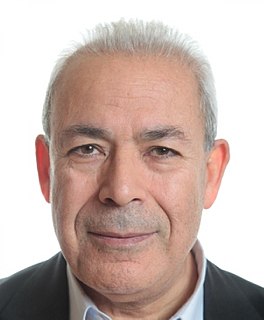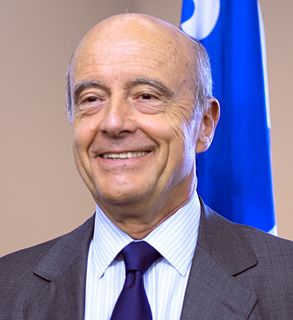A Quote by Wadah Khanfar
The Arab spring was not as radical as the French or Iranian revolutions. It did not pull out the deeply entrenched roots of the state. Instead, it was satisfied to replace the top of the pyramid with newly elected, but inexperienced, leaders.
Related Quotes
The Iranian government prevented journalists from marching in solidarity with the victims of the Charlie Hebdo massacre yet it organized flag-burning protests against the French embassy, that hasn't ingratiated them to a French nuclear negotiating team that is deeply cynical about the nature of the Iranian regime.
What is irreversible in the Arab world is this intellectual revolution, the awakening that we can get rid of dictators. That is here, and the people have this sentiment and this political power. They feel that they can do it, and it's still there. At the same time, we don't know what is going to happen. So to be very quick by saying, "Oh, revolutions and Arab Spring," and - you know, what I'm advocating is to take a cautious optimism as the starting point of our analysis and to look at what is happening.
Traditionally Marxism attracts the oppressed. This, however, is not the case in the Arab nation... The socialist programs in Arab history did not always come from the poor, but from men who had known no oppression and became the leaders of the poor. The Arab nation has never been as class-conscious as other nations.
I would like to stress this point undoubtedly: France sees the Arab Spring as auspicious. The Arab Spring holds out tremendous hope - hope for democracy and the rule of law, hope for peace and stability, hope for better future in which every person can pursue goals commensurate with his or her needs, talents and ambitions.








































